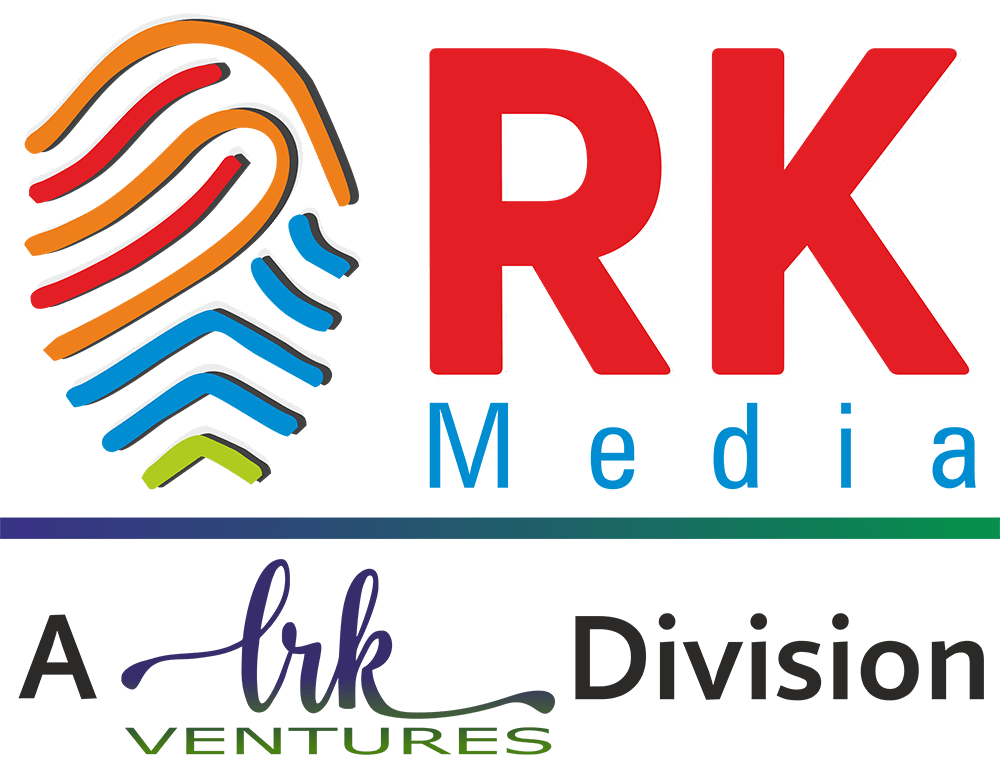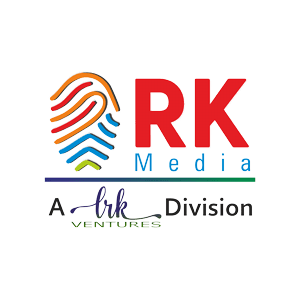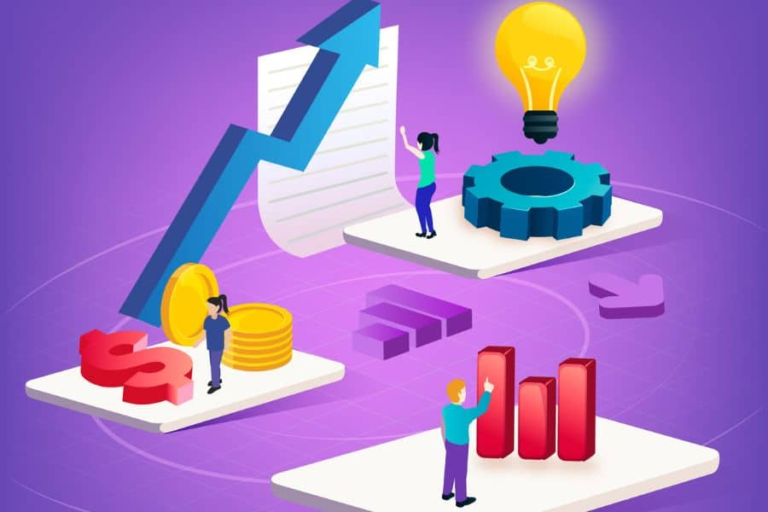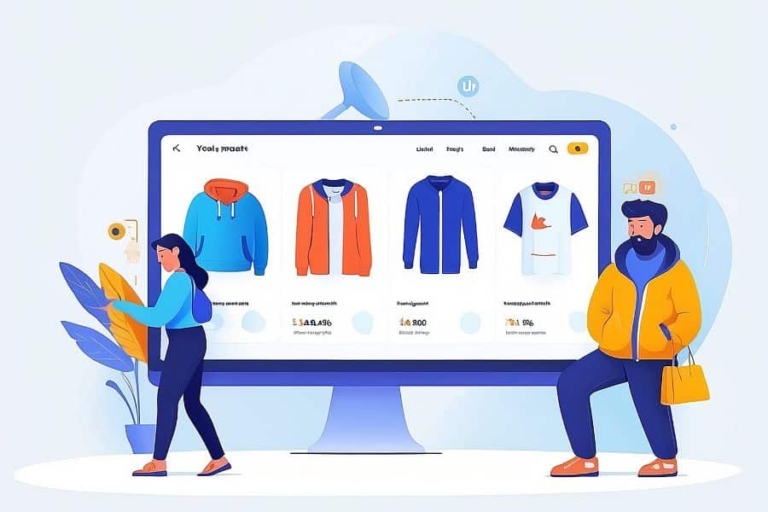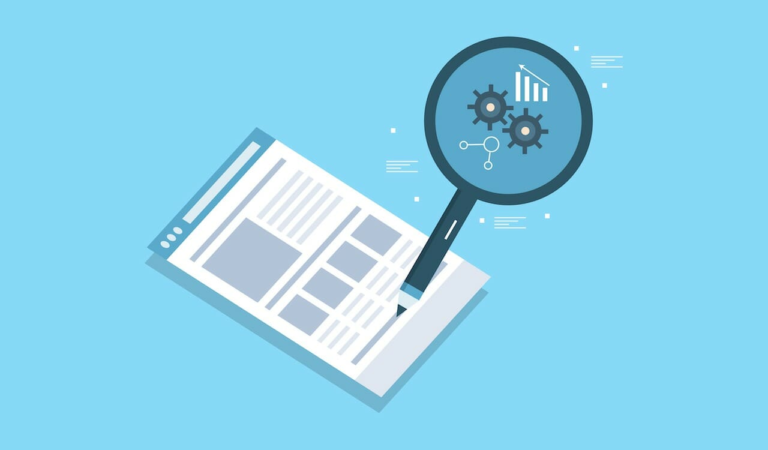Content Optimization: Elevating Your Digital Marketing Strategy
Content optimization is an indispensable component of any successful digital marketing strategy. At RK Media, a premier digital marketing agency based in Mumbai, India, we understand the transformative power of optimized content. This article delves into the essentials of content marketing (or optimization) and its significance in driving online success.
Understanding Content Optimization
Content optimization refers to the process of making your web content more appealing, accessible, and effective for both search engines and users. This involves enhancing various elements, such as keywords, metadata, and internal links, to ensure your content ranks higher in search engine results pages (SERPs) and resonates well with your target audience.
The Role of Keywords
Keywords are the cornerstone of content optimization. They are the terms and phrases that users type into search engines when looking for information. Effective keyword research helps identify high-value keywords that have substantial search volume and relevance to your business. By incorporating these keywords naturally into your content, you can improve your chances of appearing in top search results.
How to Use Keywords Effectively
- Keyword Placement: Include primary keywords in the title, headers, and throughout the content.
- Keyword Density: Maintain an optimal keyword density to avoid keyword stuffing, which can negatively impact your rankings.
- Long-tail Keywords: Use long-tail keywords to target niche audiences and attract more qualified traffic.
Crafting High-Quality Content
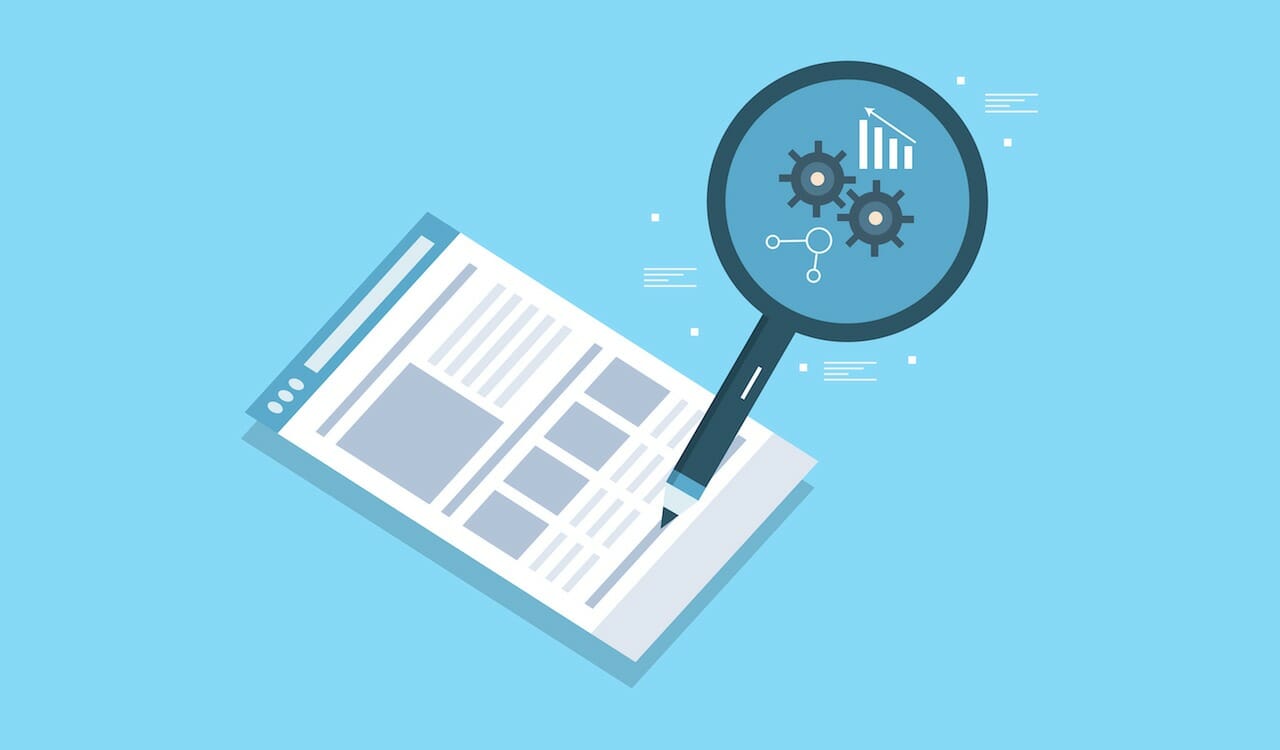
Search engines prioritize content that is valuable, informative, and engaging. High-quality content not only improves your search rankings but also builds trust and authority with your audience.
Tips for Creating High-Quality Content
- Originality: Ensure your content is original and provides unique insights.
- Readability: Write in a clear, concise, and easy-to-read manner.
- Engagement: Use multimedia elements like images, videos, and infographics to make your content more engaging.
Metadata Optimization
Metadata, including title tags, meta descriptions, and alt text, plays a crucial role in content optimization. These elements help search engines understand the context of your content and influence click-through rates.
Best Practices for Metadata
- Title Tags: Craft compelling and keyword-rich title tags.
- Meta Descriptions: Write informative meta descriptions encouraging users to click on your link.
- Alt Text: Use descriptive alt text for images to improve accessibility and search engine understanding.
Internal and External Linking
Linking strategies are vital for content marketing (or optimization). Internal links guide users to related content on your website, enhancing user experience and boosting SEO. External links to authoritative sources add credibility to your content and improve its value.
Linking Strategies
- Internal Links: Use internal links to connect related articles and pages, helping users navigate your site and discover more content.
- External Links: Link to reputable sources to support your content and provide additional value to your readers.
Mobile Optimization
With the increasing use of mobile devices, ensuring your content is mobile-friendly is critical. Mobile optimization involves creating responsive designs, improving page load speed, and providing easy navigation on smaller screens.
Steps for Mobile Optimization
- Responsive Design: Use responsive design to ensure your content looks great on all devices.
- Fast Load Times: Optimize images and use efficient coding practices to improve page load times.
- User Experience: Simplify navigation and make buttons and links easily clickable on mobile devices.
The Power of Analytics
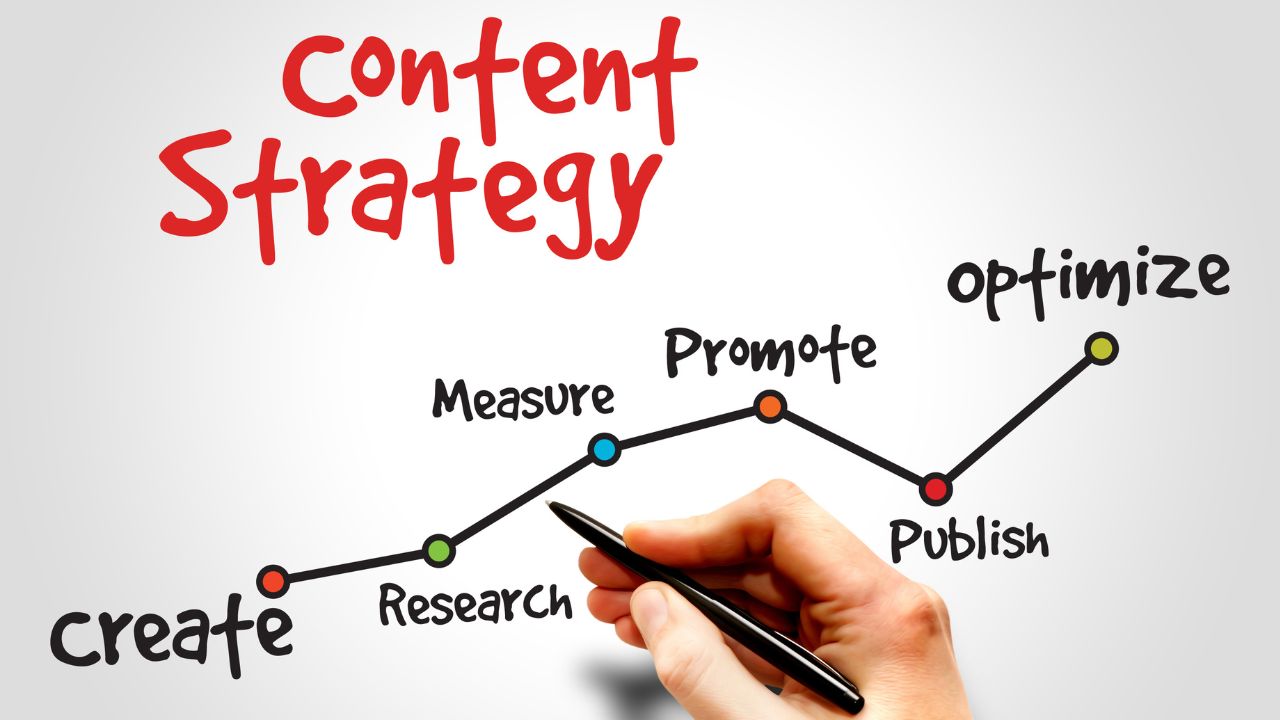
Analytics tools like Google Analytics provide valuable insights into how your content is performing. By analyzing metrics such as bounce rate, time on page, and conversion rates, you can refine your content strategy and achieve better results.
Leveraging Analytics
- Track Performance: Monitor key metrics to understand how users interact with your content.
- Identify Opportunities: Use analytics to identify high-performing content and replicate its success.
- Continuous Improvement: Regularly update and optimize your content based on analytical insights.
Conclusion
Content optimization is a dynamic and ongoing process that requires a strategic approach and continuous refinement. At RK Media, we specialize in creating and optimizing content that not only ranks well but also engages and converts your target audience. By implementing these best practices, you can enhance your digital marketing efforts and achieve sustainable online success.
For more information on how RK Media can help you optimize your content and elevate your digital marketing strategy, contact us today. Let’s transform your online presence together!
